EDITORIAL
Published on 28 Aug 2024
Editorial: Emerging mutations in colorectal cancer development and progression
doi 10.3389/fonc.2024.1469129
- 524 views
10k
Total downloads
33k
Total views and downloads
EDITORIAL
Published on 28 Aug 2024
REVIEW
Published on 01 Mar 2024
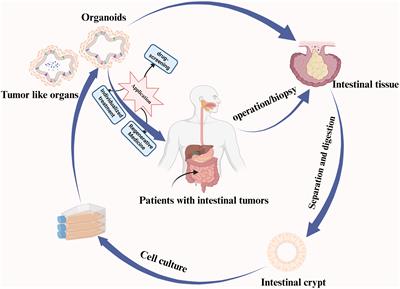
ORIGINAL RESEARCH
Published on 05 Feb 2024
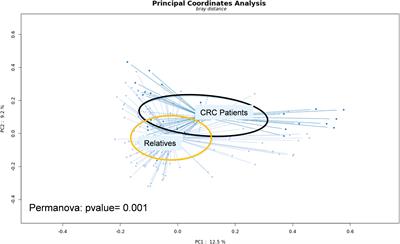
SYSTEMATIC REVIEW
Published on 13 Dec 2023
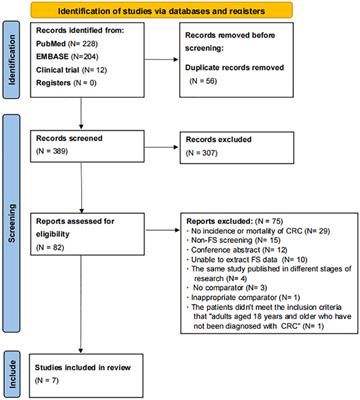
ORIGINAL RESEARCH
Published on 16 Nov 2023
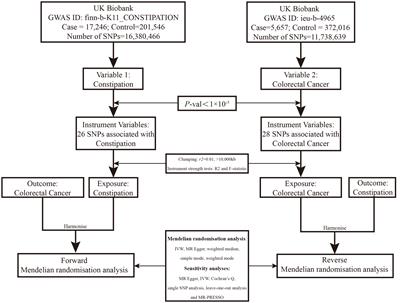
ORIGINAL RESEARCH
Published on 13 Nov 2023
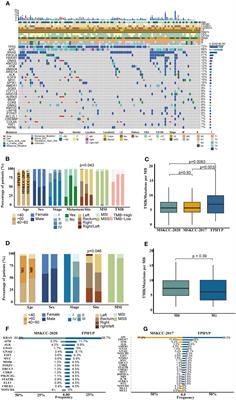
MINI REVIEW
Published on 15 Sep 2023

CASE REPORT
Published on 14 Jul 2023

ORIGINAL RESEARCH
Published on 20 Jun 2023

REVIEW
Published on 21 Apr 2023
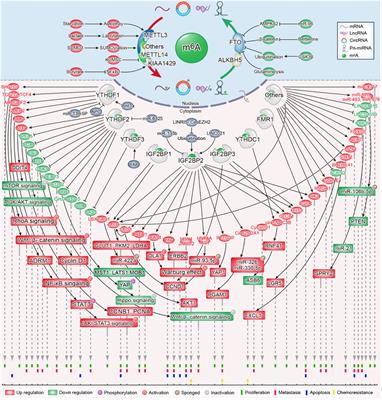
ORIGINAL RESEARCH
Published on 29 Mar 2023
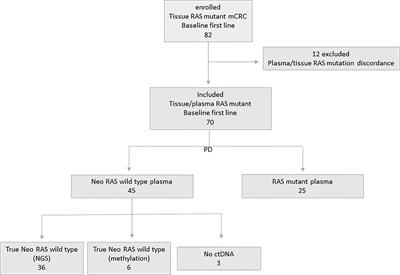
REVIEW
Published on 06 Mar 2023
